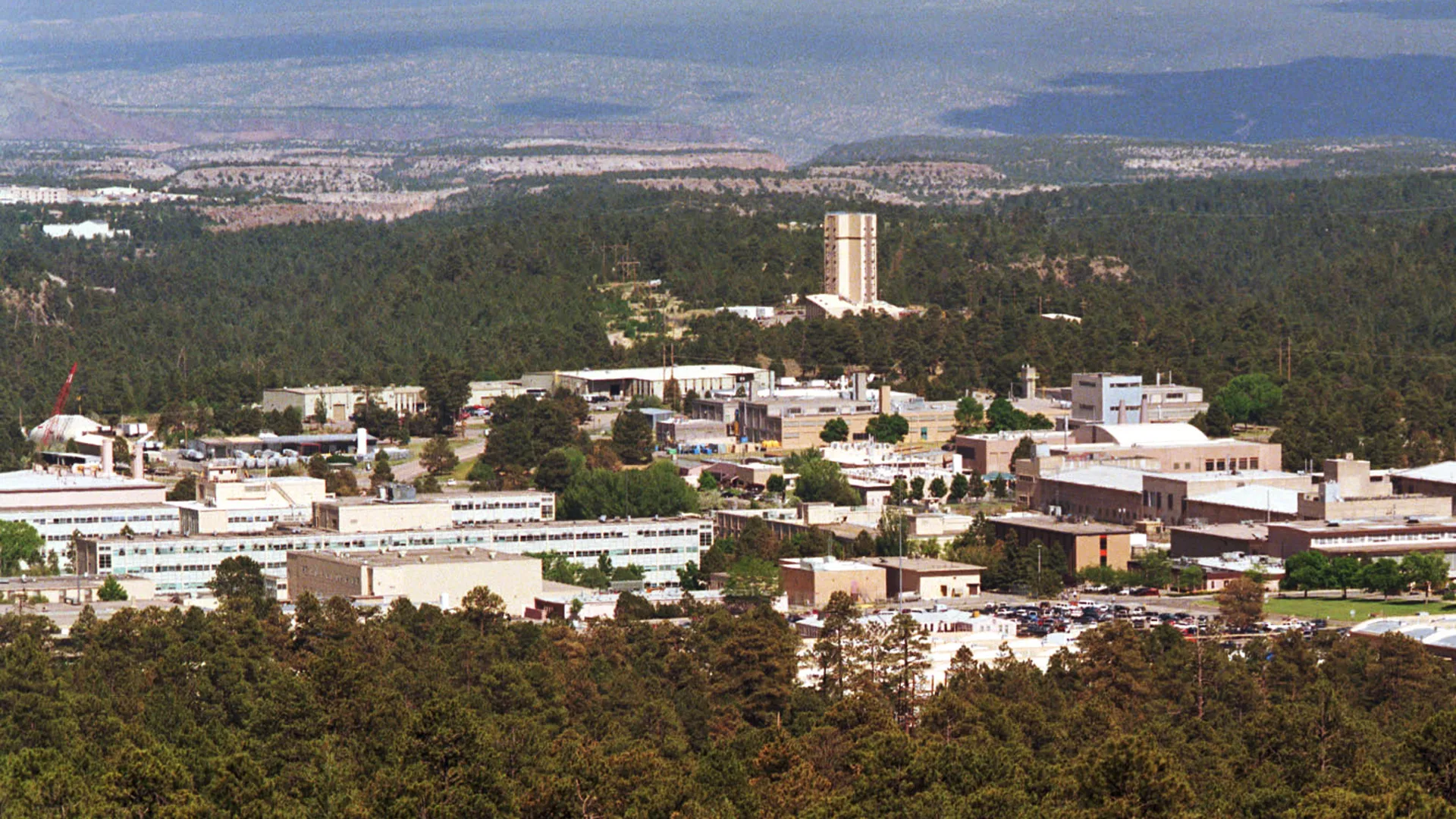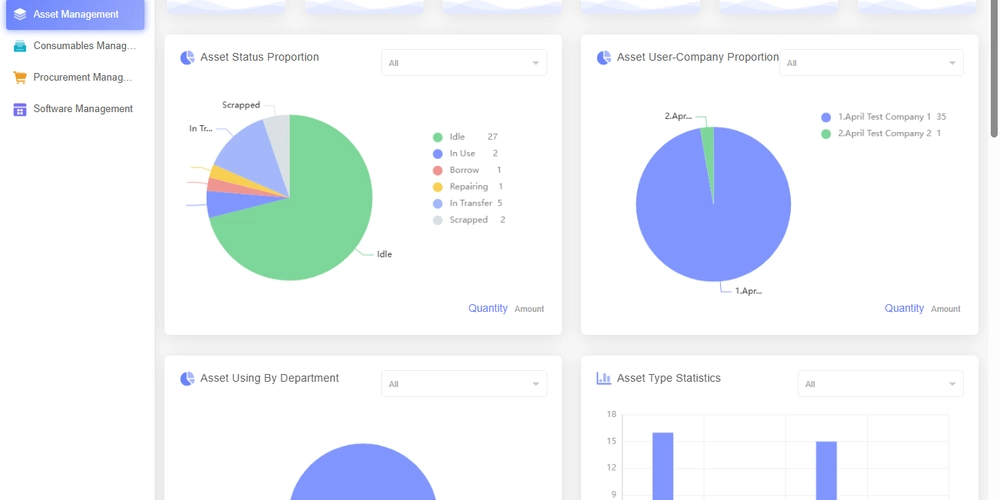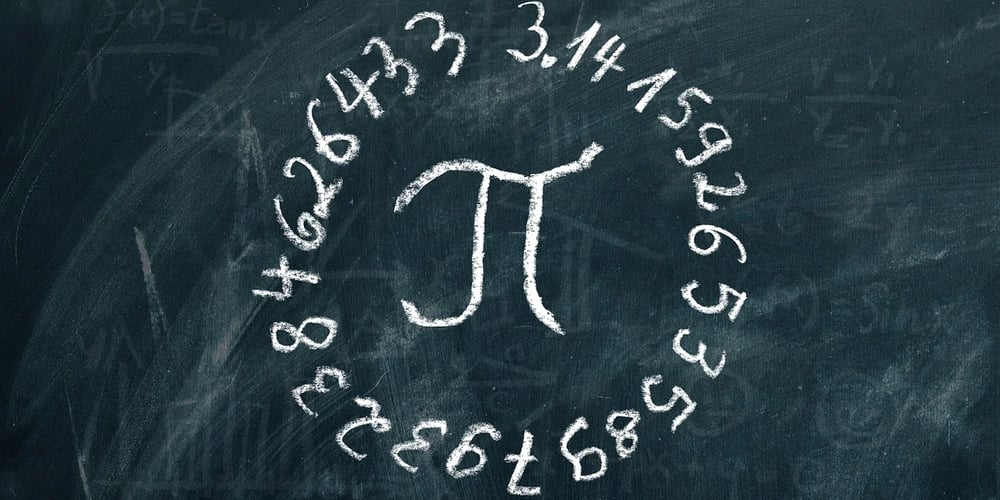So, in the last post, we added two numbers, 23 and 34. We gave these numbers to the computer as input, and then it processed them for calculation and gave us the output. But what if we want to** store numbers** in the computer's memory for later use? This is where variables come into play! However, we don’t always have to provide numbers or information directly for processing. Computers can also store data or information in their memory at a specific location with a*n address.* Just like you live in a house that has an address, variables in a computer's memory also have a location and an address. What is a Variable? A variable is a name given to a value stored in the computer's memory. Think of it as a container that holds data, just like a box where you store things. For example, if we want to store the numbers 23 and 34 in the computer’s memory as num1 and num2, the computer will store them at memory locations let them loc1 and loc2. Now, instead of directly using 23 + 34, we can access these stored numbers anytime using their variable names: num1 = 23 num2 = 34 print(num1 + num2) This will fetch the values stored in num1 and num2, perform the addition, and give us the result as output. Similarly, we can store information about ourselves, such as name, age, class, and city, in Python variables and retrieve them using the print() function. For example: name = "Brian" age = 23 city = "Delhi" print(name, age, city)
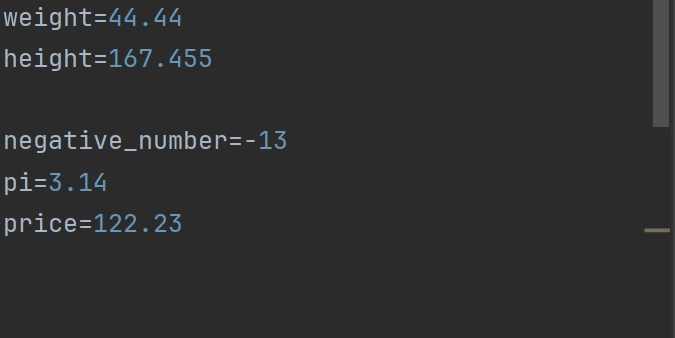
So, in the last post, we added two numbers, 23 and 34. We gave these numbers to the computer as input, and then it processed them for calculation and gave us the output.
But what if we want to** store numbers** in the computer's memory for later use? This is where variables come into play!
However, we don’t always have to provide numbers or information directly for processing. Computers can also store data or information in their memory at a specific location with a*n address.*
Just like you live in a house that has an address, variables in a computer's memory also have a location and an address.
What is a Variable?
A variable is a name given to a value stored in the computer's memory. Think of it as a container that holds data, just like a box where you store things.
For example, if we want to store the numbers 23 and 34 in the computer’s memory as num1 and num2, the computer will store them at memory locations let them loc1 and loc2.
Now, instead of directly using 23 + 34, we can access these stored numbers anytime using their variable names:
num1 = 23
num2 = 34
print(num1 + num2)
This will fetch the values stored in num1 and num2, perform the addition, and give us the result as output.
Similarly, we can store information about ourselves, such as name, age, class, and city, in Python variables and retrieve them using the print() function.
For example:
name = "Brian"
age = 23
city = "Delhi"
print(name, age, city)













































































































































































![[The AI Show Episode 142]: ChatGPT’s New Image Generator, Studio Ghibli Craze and Backlash, Gemini 2.5, OpenAI Academy, 4o Updates, Vibe Marketing & xAI Acquires X](https://www.marketingaiinstitute.com/hubfs/ep%20142%20cover.png)















































































































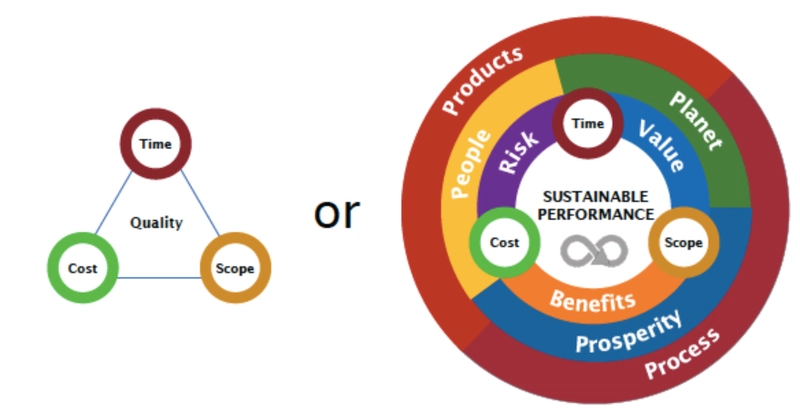














![[DEALS] Microsoft Office Professional 2021 for Windows: Lifetime License (75% off) & Other Deals Up To 98% Off – Offers End Soon!](https://www.javacodegeeks.com/wp-content/uploads/2012/12/jcg-logo.jpg)











































































































.jpg?#)





































.png?#)
































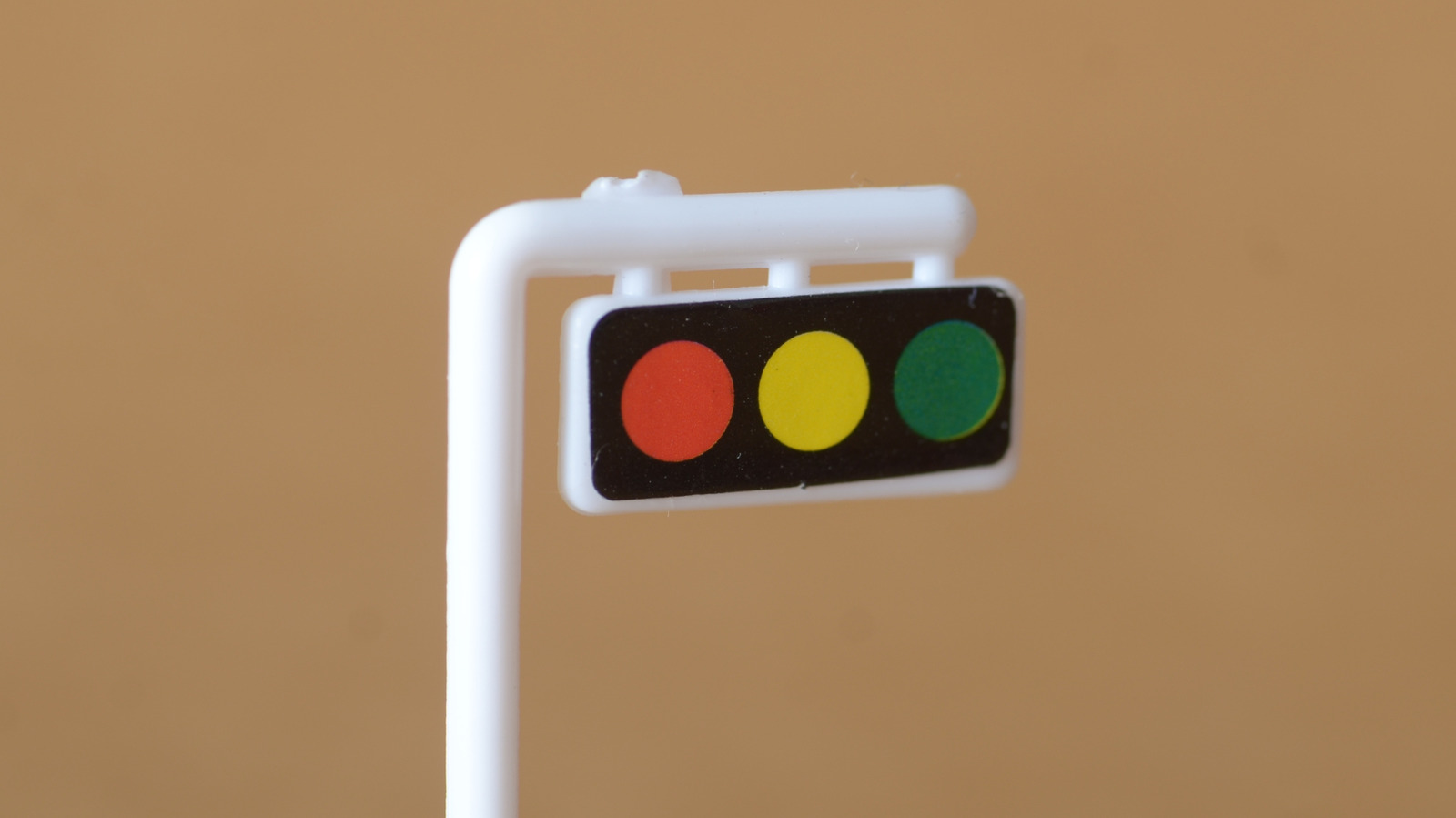
















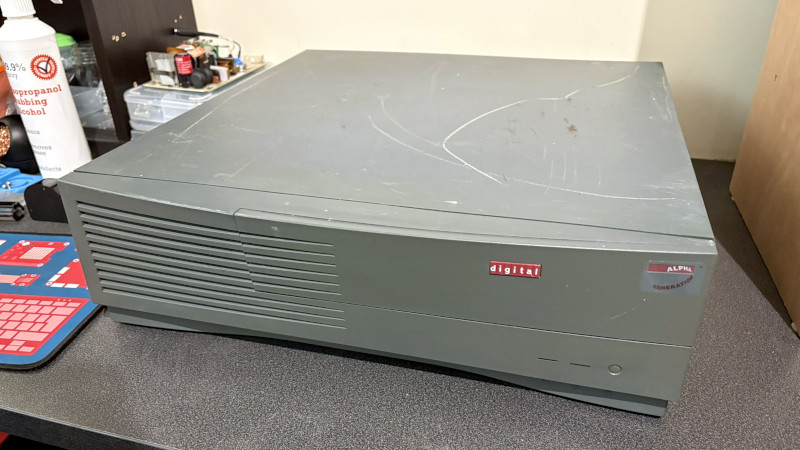
















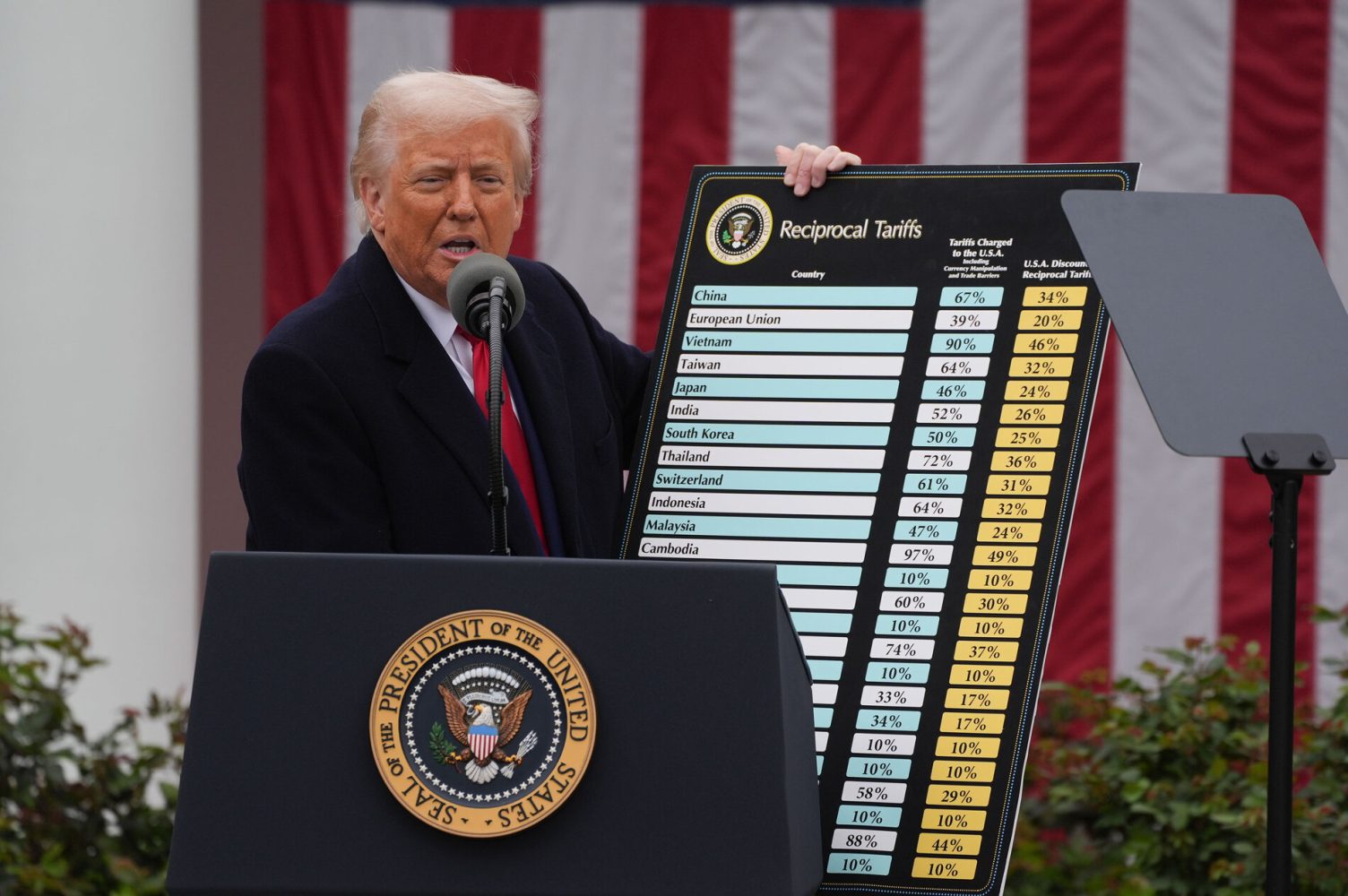




































![YouTube Announces New Creation Tools for Shorts [Video]](https://www.iclarified.com/images/news/96923/96923/96923-640.jpg)

![Apple Faces New Tariffs but Has Options to Soften the Blow [Kuo]](https://www.iclarified.com/images/news/96921/96921/96921-640.jpg)







































































